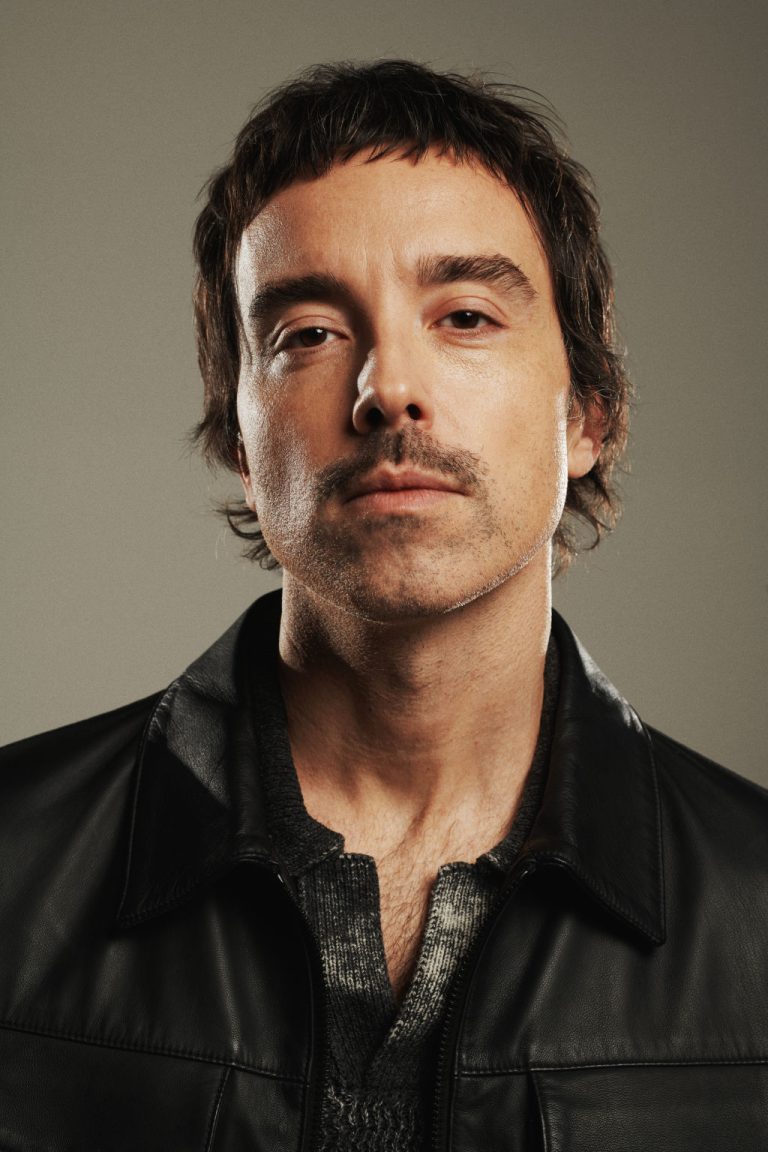You move is the title of the song that Diodato will compete in at the 74th edition of the Sanremo Festival.
Diodato returns to the Sanremo Festival in 2024, bringing his energetic, elegant and unique style to the Ariston stage, after his victory in 2020 with “Fai Rumore”, a song that has entered the history of Italian music and the heart of the whole of Italy.
“Ti muovi” (Carosello Records), written, composed and arranged by Diodato himself, who also signs the artistic production with Tommaso Colliva, is an intense and energetic ballad, a precious journey into the soul of a human being who finds himself facing unexpected emotions.
And emotion, starting from the etymology of the word itself, is something that creates movement, that shakes balances and calls into question the truths that we had worked so hard to build.
It is the re-emergence of sensations and visions that seemed to be distant, but which re-emerge with force, perhaps even by will.
THE FOURTH TIME AT THE FESTIVAL
Diodato returns to the Ariston stage for the fourth time after participating in 2014 with the song “Babilonia”, in 2018 with “Adesso” together with trumpeter Roy Paci, after being a guest in 2019 in the cover evening with Ghemon and Calibro 35 on notes of “Rose Viola” and after triumphing in 2020 with “Fai Rumore”.
After winning the 70th edition of the Sanremo Festival, he participated in “Europe Shine a Light – Let’s turn on the music”, the historic evening that replaced theEurovision in 2020during which Diodato sang “Fai Rumore” in the Verona Arena, giving musical images that went around the world, before officially returning in 2022 to the Eurovision stage in Turin with an unreleased and alternative version of his “ Make Rumore”, recreating, also thanks to the collaboration with the choreographer Irma Di Paola, a very powerful dreamlike and sharing imagery with a performance that is today recognized as one of the most beautiful and exciting seen at Eurovision.
THE STORY
I am very happy with this participation in Sanremo, I feel some good vibrations that arise from this song.
It all happened very naturally. This song is the result of these years and of an incredible emotional flow.I heard stories from very close friends who all told me very similar things. There were several common points in their experience and then I understood that the song, which I had only mentioned, was calling me.
I then tried to concretize what was moving inside me. When I have a feeling I have to start working on it and so I locked myself in the studio to record the intuition I had.
Day after day it grew more and more until I abandoned myself to these sensations and wrote an important string part that was the final light I was looking for and brought me to the conclusion of this sonic journey.I listened to it for several days and felt a very strong transport and from there the idea of bringing it to Sanremo was born because it represents a lot of what I’m experiencing at the moment.
THE SONG
This song represents a moment in my life, a moment in which I believe more and more in music.
They were years of great liberation and opening and transformation of my music.It is presence, it is dialogue with those who continue to re-emerge within us and therefore in a certain sense also with ourselves.
I believe that this song belongs to the continuous emotional flow in which I have immersed myself in recent years and represents part of my personal research and evolution, becoming artistic and human.
I tried to musically express the passion, the impetus and the joy of abandoning oneself to an emotion.
THE DUET
On Friday evening dedicated to covers, Diodato will perform on the stage of the Ariston Theater with Love come, love go by Fabrizio De Andrè, one of the songs that inspired him to become the singer-songwriter he is today. At his side there will be a friend, Jack Savoretti, a singer-songwriter of Genoese origin who will accompany him in this unique performance to pay homage to Fabrizio De Andrè 25 years after his death on one of the most important stages of Italian music.
Love come, love go It’s a very important song for me.
It was my first great love with De Andrè, my first point of contact.
It took me a while to understand it, it was very distant from me and how I was but then I realized it was a beautiful song.
I sang it my way and tried to do a very rock version.
When it was used ten years ago for the soundtrack of “Anni Felici” by Daniele Luchetti it was a surprise.
I was at the beginning of my career, I was an emerging singer and this song was my gateway to my first Sanremo Festival.
Then this year there is also the celebration of 25 years since De Andrè’s death and it seemed like a fitting tribute to me.I’ve interacted with Jack quite a bit over the last few years. With him the right vibration came immediately. He accepted immediately.
THE NEW RECORD
I decided to record my musical journey over the years. To do this they entered the Officine Meccaniche and recorded some songs published live with my band.
The recordings of these sessions will be contained in a new album.
It won’t be a live album but an opposite process. Songs that transform and have different clothes and vibes. It’s also a dirty record, an interesting experiment that’s making me think a lot.
A studio record that I hope is a living body.
WEB & SOCIAL
diodatomusic.it
facebook.com/DiodatoOfficial
instagram.com/diodatomusic
twitter/DiodatoMusic
ph: Diodato-Ph_-Alessio-Albi-2024


![DURAN DURAN unico concerto in Italia al Lucca Summer Festival [Info e biglietti]](https://www.wecb.fm/wp-content/uploads/2024/01/1706694793_DURAN-DURAN-only-concert-in-Italy-at-the-Lucca-Summer-150x150.jpg)



